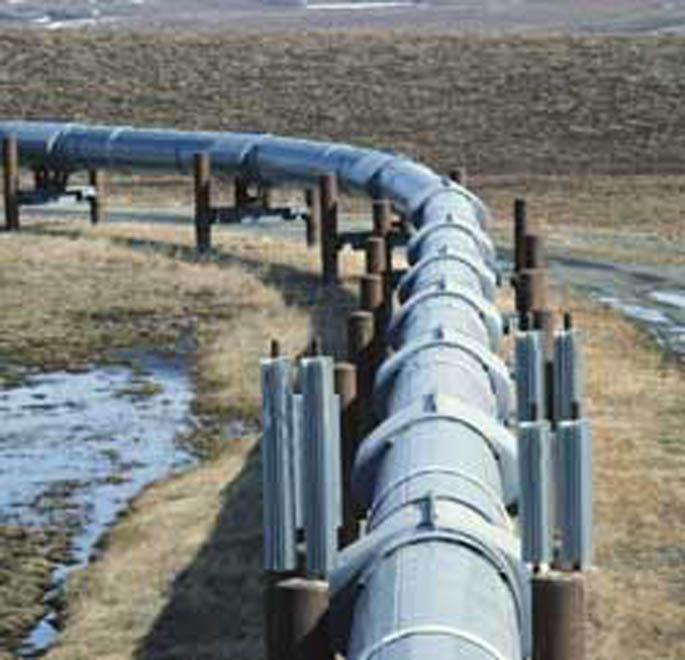Azerbaijan, Baku, Feb. 2 /Trend, A.Badalova/
The Trans Adriatic Pipeline (TAP) will submit its Environmental Social Impact Assessment (ESIA) with the updated scope of the project in Italy to the country's authorities, TAP reported on Thursday.
The TAP pipeline will now run approximately 5 km onshore in Italy from originally 22km, and change in the location of the tie-in point with Snam Rete Gas, the Italian natural gas system operator. The new proposed route will cross just one community in the area - community of Melendugno.
This update will be reflected in the first draft of TAP's full ESIA, which will be submitted to the Italian ministry of environment this month. The document will include a comprehensive explanation of the possible environmental and social impacts of the chosen pipeline route in Italy and suitable mitigation measures.
TAP will hold a public townhall meeting with the local residents in Melendugno (Italy) on February, 16 to inform local residents of the project's plans as well as hear the local communities' views and get feedback to then include in the ESIA.
TAP is one of the projects within the Southern Gas Corridor, which is designed to transport gas from the Caspian region via Greece and Albania and across the Adriatic Sea to southern Italy and further into western Europe.
Construction of TAP is expected to start in 2015, should the project be selected as the preferred gas transportation solution by Shah Deniz consortium later this year.
The initial pipeline capacity of TAP will be 10 billion cubic metres per year, expandable to 20 billion cubic metres per year. TAP's shareholders are EGL of Switzerland (42.5 percent), Norway's Statoil (42.5 percent) and E.ON Ruhrgas of Germany (15 percent).






